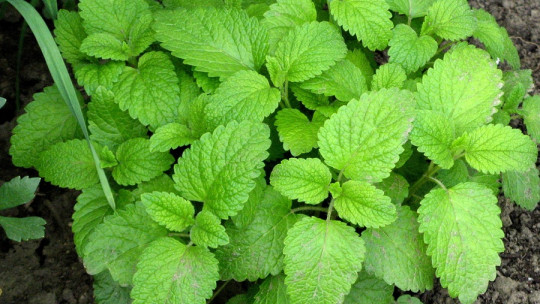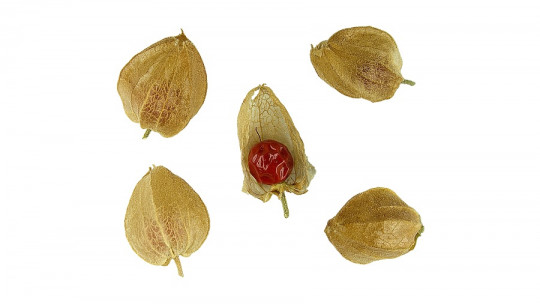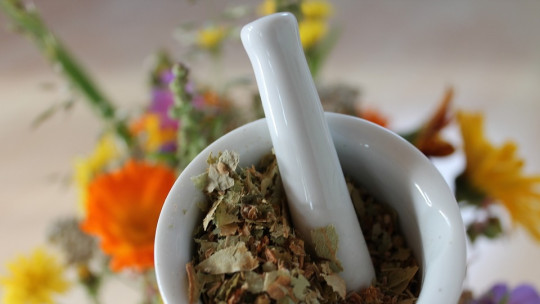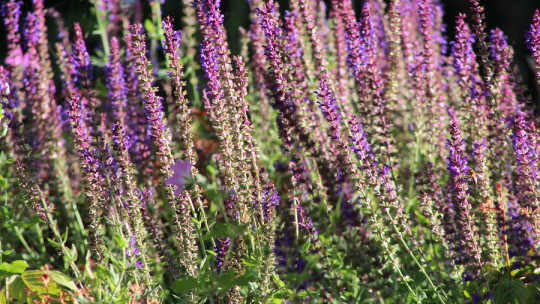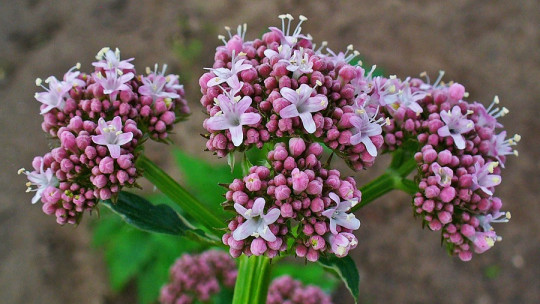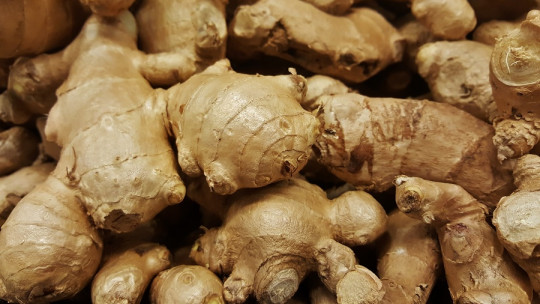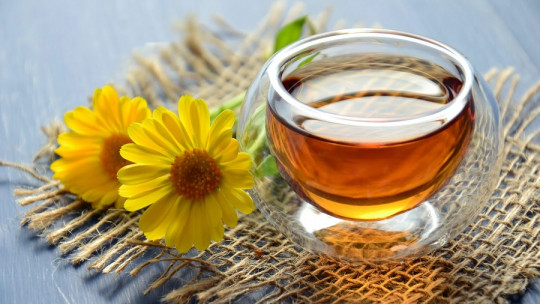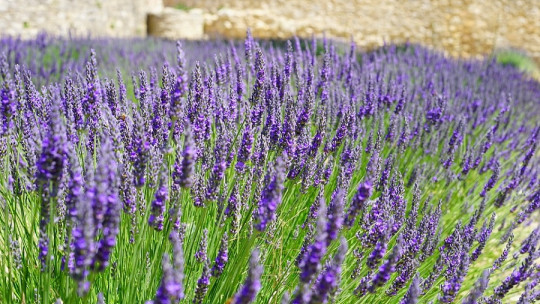Today we have a large number of drugs that allow us to combat different diseases and ailments.
These are products made and synthesized by man, but their properties and the active ingredients on which they are based often come from or are based on the properties of different elements present in nature, such as animals and plants.
In this sense and since ancient times we can highlight the use of different types of plants or vegetables, due to the medicinal and positive properties that many of them have for our health. But it is not something that belongs to the past or that only serves as inspiration.
In fact, some plant species have such beneficial effects and/or are so nutritious that they continue to be consumed regularly today. Examples of this are lime blossom, valerian, lavender… or lemon balm The latter may not be as well known as the rest of those mentioned, but it is nevertheless a highly appreciated product due to its interesting properties. And it is about him that we are going to talk throughout this article.
What is lemon balm?
We popularly know as lemon balm a herbaceous plant or herb, scientific name Melissa officinaliswhich is highly valued for its medicinal properties especially when it comes to relieving digestive problems and/or causing relaxation and relief from anxiety and nervousness.
Also called lemon balm, this herbaceous plant comes from the lands bathed by the Mediterranean and can reach a meter in height. It is a robust and perennial vegetable, which blooms during the summer and that can be easily identified due to its lemon smell (something that has caused other names by which it is usually known to be lemongrass or lemon leaf).
Lemon balm can be used in multiple ways It can be ingested, dried the leaves or even made infusions with it, something generally linked to a more medicinal use, although it is also used to make oils associated with cosmetic uses, to perfume or flavor or to create anti-mosquito or toothpaste products.
It is one of the most used medicinal herbs, especially in Latin America.
Beneficial properties of this plant
Lemon balm has a series of beneficial properties for health and for the treatment of certain discomforts, which come from its chemical composition (it is rich in eugenol, caryophyllene or germacrene as well as citral or citronella. Some of its best-known properties and uses are indicated below.
1. Calming and sedative
One of the most relevant properties of lemon balm is its sedative and relaxing effect, helping to reduce altered or agitated moods, such as depression or anxiety. In addition helps promote sleep, something useful in cases of insomnia
2. Painkiller
Lemon balm can also have an interesting anesthetic effect, reducing and blocking signals of discomfort that would normally travel quickly through our nervous system.
It is frequently used to reduce discomfort typical of headache or migraine, digestive discomfort or even muscle pain
3. Hypotensive
Another of the useful properties of lemon balm is its ability to lower blood pressure levels, something that can be useful in cases of anxiety and in subjects with hypertension.
4. Relieves gastrointestinal problems
Lemon balm is usually used to treat the discomfort of intestinal problems, since it allows reducing gas levels and preventing situations such as colic It also promotes the protection of the liver and the secretion of bile (promoting it).
5. Antitussive
It has been observed that taking lemon balm, especially when made in infusions, helps to calm, relieve and reduce levels of cough and throat irritation
Precautions
Lemon balm is a natural product with multiple positive properties, but despite this it must be taken into account that in some people it may cause side effects or pose a certain risk to the well-being of those who use it.
First of all special caution is necessary in cases of pregnancy , since in high quantities it can cause abortions. It is also contraindicated in patients with thyroid problems (especially hypothyroidism). Excessive consumption can cause pain, allergies and nausea and vomiting. It must also be taken into account that the essential oil can be dangerous if ingested.

